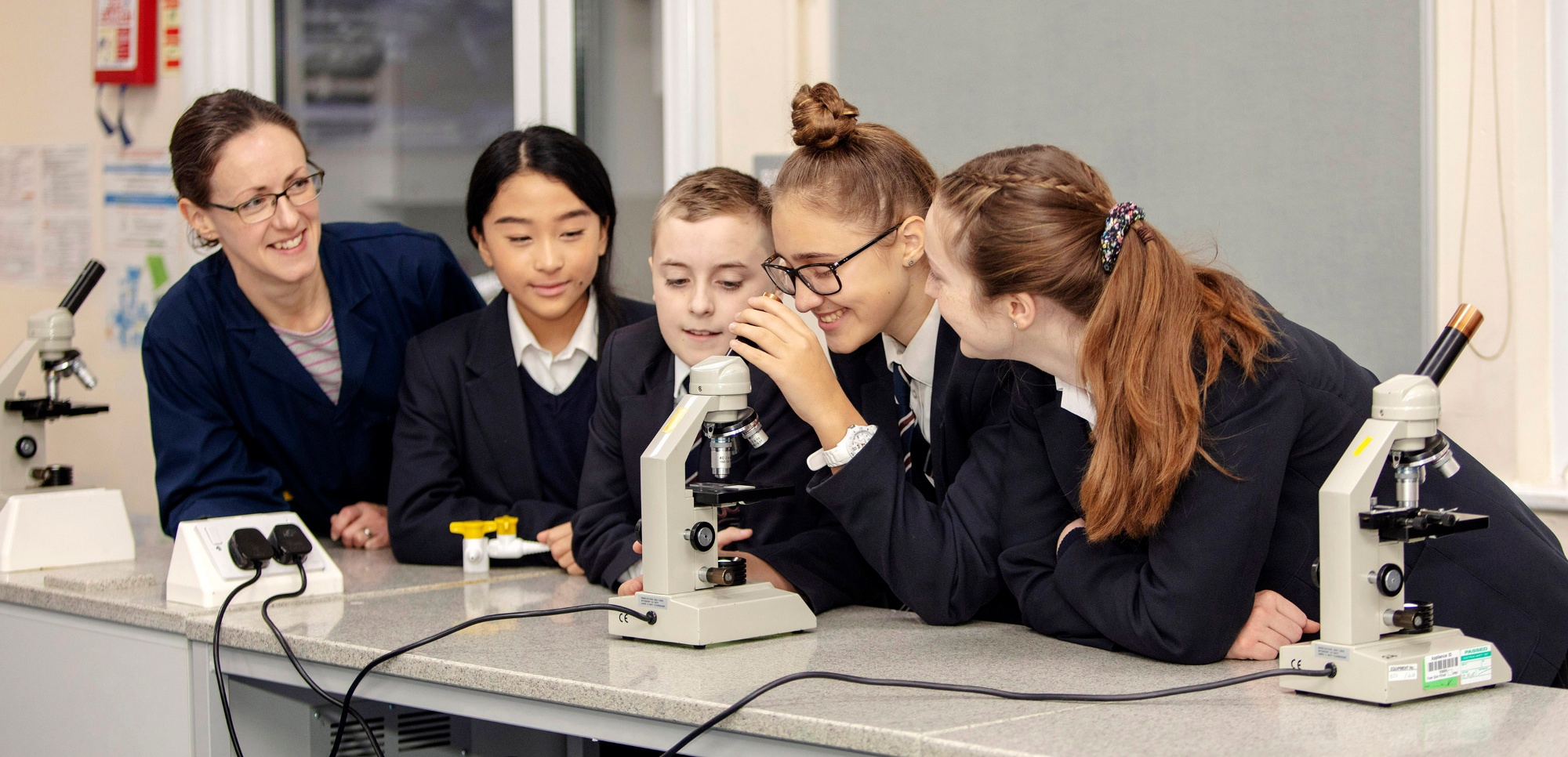Design Technology
Aims
To develop creative, innovative and practical skills through a range of focused activities. To provide the opportunity to investigate technological processes, principles and materials. To work creatively and collaboratively in high-level thinking tasks that involve design decision-making through a variety of stimulating contexts. To nurture awareness and understanding of the impact of Design and Technological applications in our lives.
Introduction – Why Choose a Design & Technology option?
GCSE Design and Technology will prepare students to participate confidently and successfully in an increasingly technological world. Students will gain awareness and learn from wider influences on design and technology including historical, social, cultural, environmental and economic factors. Students will get the opportunity to work creatively when designing and making and apply technical and practical expertise.
The course enables higher-level cognitive and communication skills to be developed in the learner. It offers the opportunity for students to investigate and evaluate the use of materials in products and designs and the consequent depletion of the earth’s natural resources.
The subject plays an ever-important role in providing young people with a hands-on, creative experience and develops a practical identity and a capability for innovation. The subject provides clear opportunities to nurture key technological skills that are essential for future employment in the 21st century as it empowers independent learners and develops self-confidence.
Approach And Topics
The GCSE course delivered in KS4 will build on the work completed in KS3. The GCSE allows students to study core technical and designing and making principles, including a broad range of design processes, materials, techniques and equipment. They will also have the opportunity to study specialist technical principles in greater depth.
The GCSE course covers a wide selection of distinct design and technology principles that include: core technical principles, specialist technical principles and designing and making principles. These are assessed through a range of specialist areas: multi-materials workshop, fashion & textiles, graphic communication and CAD/CAM manufacturing.
Assessment Examination Board : AQA GCSE Design & Technology
-
Unit 1 - 2 hour written examination 100 marks (50%)
-
Unit 2 – Non-exam assessment (NEA) Designing and Making 100 marks (50%) (35 Hours)
Each student will be required to independently produce a controlled assessed 20-page A3 portfolio of evidence and final working prototype.
Further Education & Career Pathways
GCSE Design & Technology opens the door to a wide range of careers in the creative, engineering and manufacturing industries. It is also excellent preparation for careers in many other fields e.g. medicine, law and computer science. Whatever career you choose, the knowledge and skills you learn, particularly those concerned with rapidly developing technologies, will be extremely valuable. The ability to work independently or in a team, to solve complex problems, to research, to critically analyse – these are skills that are highly prized by employers. If you want to take these and your practical skills to a further level, there are options at post-16 colleges at A level and BTEC, in various specialist D&T areas. This could lead to a possible career in industrial/product design, engineering, fashion & marketing, textiles, graphic design; the career possibilities really are endless.



